Premium Only Content
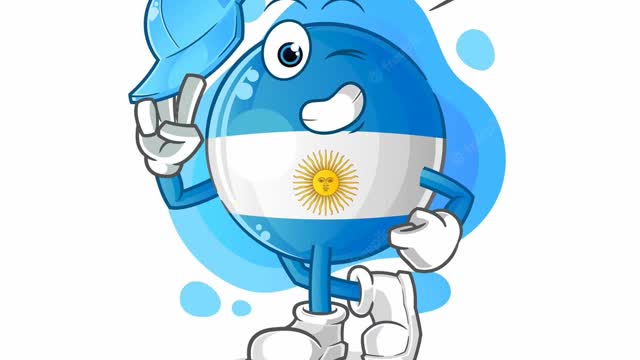
Argentina's history
Argentina is a country located in South America. It has a long and complex history, with indigenous cultures, European colonization, and a rich cultural heritage.
The earliest human settlements in Argentina date back to around 13,000 years ago, when indigenous peoples, including the Incas and the Patagonians, inhabited the region. These cultures developed complex societies and were skilled in agriculture, metalworking, and other crafts.
In the 16th century, Argentina was colonized by the Spanish. During this time, the country was known as the Viceroyalty of the Río de la Plata, and was an important center of trade and commerce. The city of Buenos Aires, which is now the capital of Argentina, was founded in 1536 by Spanish conquistador Pedro de Mendoza.
Throughout the 18th and 19th centuries, Argentina underwent a series of political and economic changes. In 1816, the country declared its independence from Spain, and a series of leaders and governments ruled Argentina over the following years. During this time, the country underwent rapid industrialization and urbanization, and became an important player in international trade.
In the 20th century, Argentina experienced periods of political instability and economic turmoil. In 1976, a military coup brought a dictatorship to power, which ruled until 1983. The dictatorship was marked by human rights abuses and economic mismanagement, and the country experienced a major economic crisis in the late 1990s.
Since then, Argentina has made efforts to rebuild its economy and address its political and social issues. Today, it is a diverse and vibrant country with a rich cultural heritage and a promising future.
Here are some key events in the history of Argentina:
1536: The city of Buenos Aires is founded by Spanish conquistador Pedro de Mendoza.
1816: Argentina declares its independence from Spain.
1853: Justo José de Urquiza, leader of Entre Ríos, leads a successful revolt against the centralist government in Buenos Aires, establishing the Argentine Confederation.
1880-1916: Argentina experiences rapid industrialization and urbanization, becoming an important player in international trade.
1930: Military coup brings General José Félix Uriburu to power.
1943: Military coup brings General Juan Perón to power.
1976: Military coup brings a dictatorship to power, which rules until 1983.
1983: Democracy is restored in Argentina after the fall of the dictatorship.
1999: Argentina experiences a major economic crisis.
2003: Nestor Kirchner becomes president of Argentina.
2015: Mauricio Macri becomes president of Argentina.
-
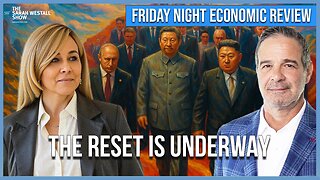 1:09:11
1:09:11
Sarah Westall
6 hours agoRead the Signs: Are We Already Operating in a New Financial System? w/ Andy Schectman
32.8K7 -
 1:32:53
1:32:53
Flyover Conservatives
10 hours agoRicky Schroder Exposes How Hollywood Planted Him as a Child Star | FOC Show
40.3K9 -
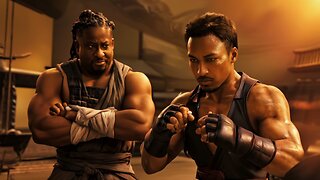 LIVE
LIVE
JahBlessCreates
4 hours ago🎉 TEKKEN TING, and maybe some music...
289 watching -
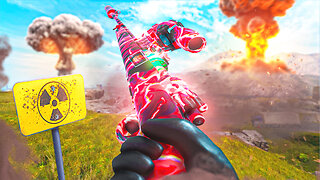 LIVE
LIVE
GritsGG
6 hours agoTop 250 Ranked Grind! Dubulars!🫡
45 watching -
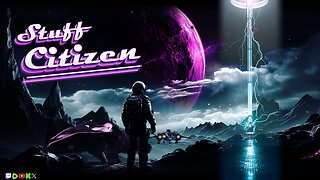 4:31:29
4:31:29
StuffCentral
5 hours agoStar Stuffy
7.49K4 -
 6:02
6:02
Blackstone Griddles
7 hours agoPrime Rib Brisket Burgers on the Blackstone Griddle
11K3 -
 3:35:06
3:35:06
HELMETFIRE
4 hours ago🟢HELMETFIRE PLAYS: Silksong Part 4🟢
3.87K -
 1:14:07
1:14:07
Glenn Greenwald
11 hours agoGlenn Takes Your Questions: Billionaires, Bari Weiss and Journalism | SYSTEM UPDATE #509
70.9K35 -
 4:22:43
4:22:43
StevieTLIVE
5 hours agoFriday Night HYPE Warzone Games with Stevie
16K3 -
 4:11:15
4:11:15
SavageJayGatsby
1 day agoLet's Play: Sea of Thieves | Friend Friday
19.9K2